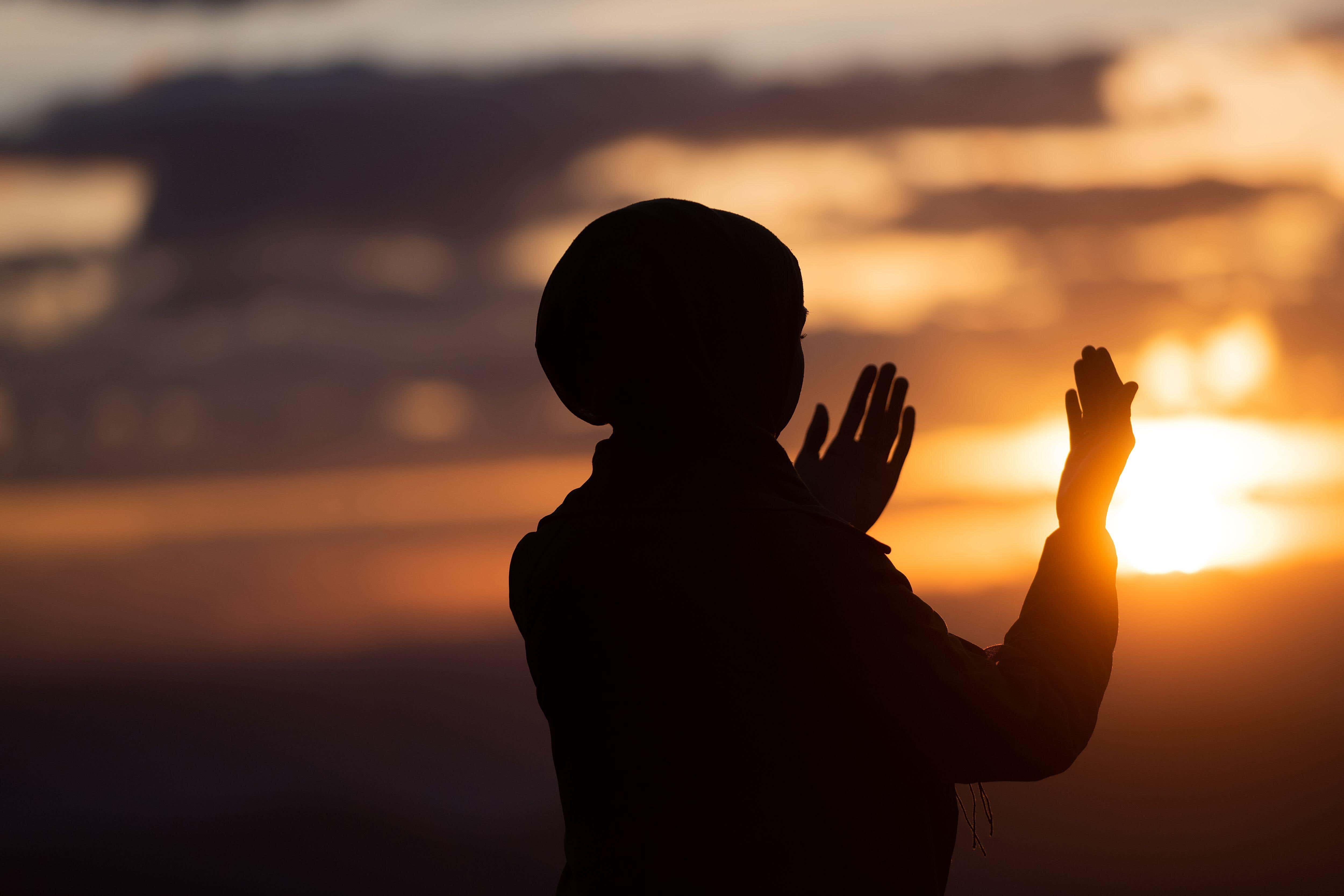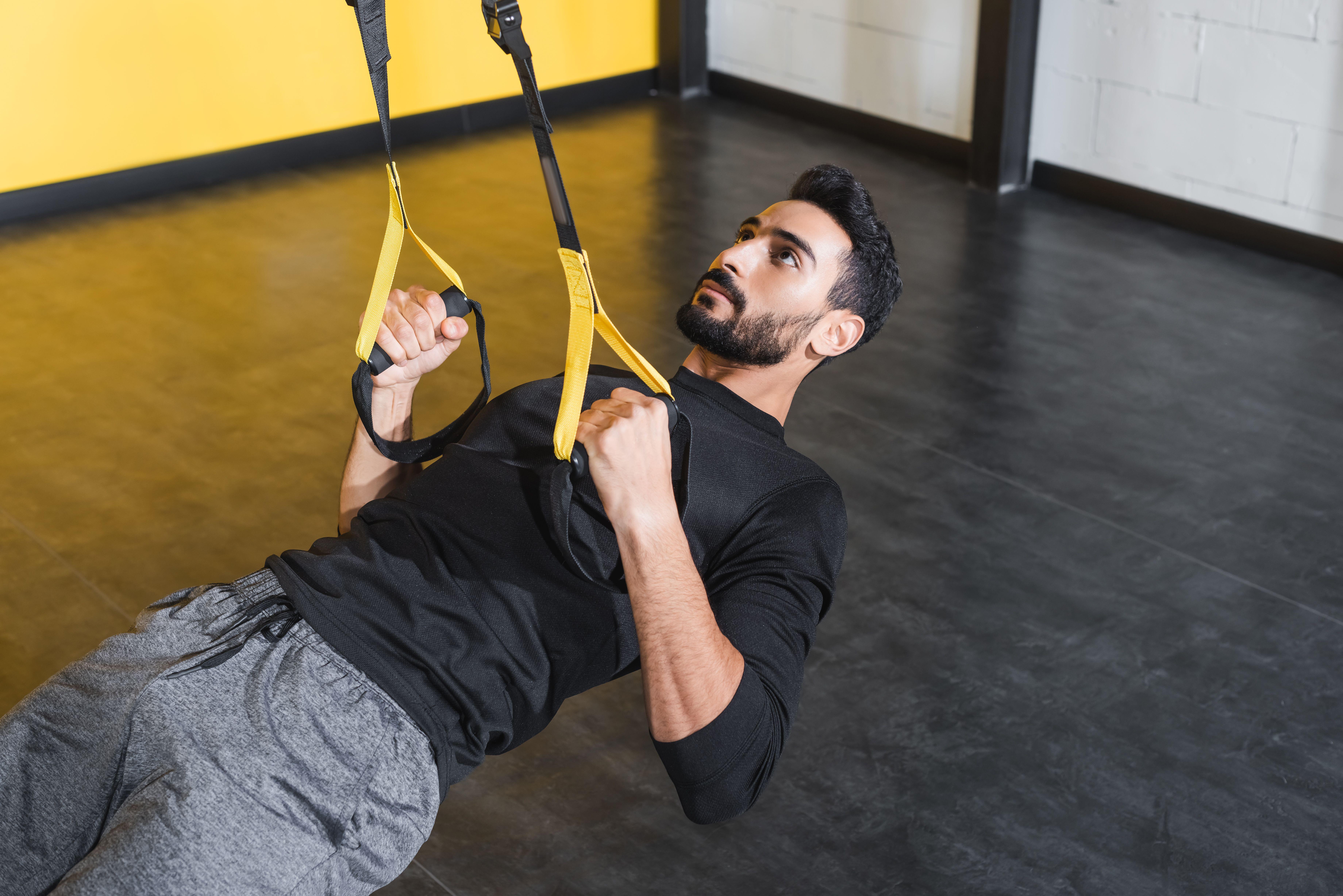Ramadan, the ninth and holiest month of the Muslim calendar, is approaching.
The month is a period of prayer, reflection, and celebration of community for Muslims worldwide.
For 30 days, many observant Muslims will abstain from food and drink, including water, from dawn until dusk.
Fasting is a central element of Ramadan, serving as a time for spiritual growth and renewed connection with faith. After sunset, the fast is broken with a meal called iftar, often shared with family and friends.
This year, Ramadan is due to begin on 28 February and conclude on the evening of 30 March. These dates are dependent on the sighting of the new moon, which officially marks the beginning of the month.
Following Ramadan, Muslims will celebrate Eid al-Fitr, a joyous festival marking the end of the fasting period.
Here’s some expert advice if you are planning to fast.
What can be expected when fasting?
Dr Nasir Hannan, GP at The London General Practice explains that the main symptoms that can manifest from fasting are headaches, reduced energy levels and mood changes.
They tend to be mild initially, and as the month progresses, the symptoms do tend to resolve as the body adapts to the state, Hannan says.
As people prepare themselves for Ramadan, while also navigating their day-to-day lives during the period, GPs explain how to maintain energy levels.

Prepare beforehand
As Ramadan is a time of spiritual reflection, Dr Shazia Siddiqi a GPwER in Dermatology at GP Pathfinder Clinics, advises participants to make some preparations in the run up to the celebration.
“I often tell patients if they have a week or two before Ramadan to begin cutting down their caffeine intake, drink a little bit more water and start spacing their meals out during the day, to give them a head start,” she says.
“Get your sleep pattern right in advance too – start sleeping a little earlier and waking up a little earlier.
“It’s almost like preparing for a marathon rather than a sprint. You have 30 days where you will get more and more tired towards the end so it’s important to make sure you prepare for it.”
Have a routine
“The key to managing energy levels during fasting is to manage the interplay between diet, exercise and sleep,” says Hannan, who is also celebrating Ramadan. “I find calendar planning and time management to be crucial in helping me maintain energy to sustain performance over the month.”
Implement naps
“I also find micro napping very useful during the day time,” Hannan says. “With night prayer implemented during Ramadan, I find having small naps helps to supplement sleep I may miss out on.”
Slow down
“Slow things down during this month if needed,” says Siddiqi. “If you have got annual leave to take – this may be a good time to take it.”
“Ramadan is occurring during the Easter holidays, so if you have kids, try and sort out your day to best suit you. If the kids aren’t fasting, you can put them into activities out of the house so you can have a bit of a break.”
Explaining that everyone will respond to fasting differently, Siddiqi says the main thing to remember is to not push yourself.
“The month is about more than just fasting. It’s about being with family and taking some time out. We can use it as more of a reset button and coming back to what really matters.
“If you are feeling dizzy or weak, I would say you need to break your fast. Don’t get to a point where it’s dangerous.”
Have a balanced diet
Energy levels will inevitably drop as you go throughout the day, which is why it’s important to have a balanced breakfast.
“It’s all about eating the right kind of foods – slow energy release foods in particular at the beginning of the day,” says Siddiqi.
“Having a yoghurt base is also very good because it’s quite cooling for the stomach and will help reduce a lot of the acidity that will build up during the day while not having any food going in.
“I would avoid big sugar hits throughout the fast as they will actually cause postprandial dips where you actually feel worse after you’ve eaten. Having a balanced diet is really essential throughout Ramadan.”
“It’s common that people can overeat during Ramadan and it’s extremely important not to do that,” says Hannan. “Sometimes techniques such as calorie counting can help you with this.
Hydration
“Keeping your water levels and hydration levels topped up throughout the times when you can eat and drink is needed,” says Siddiqi.
“A cup of tea or coffee at the end of the day could be fine but try to not drink too much caffeine or caffeine-based products – including colas or lemonades… They have high levels of caffeine and will dehydrate you, so it is better to stick to fruit juices and milk-based products.”
Shorter exercise times

“You can implement shorter types of exercises such as walking or stretching rather than intense workouts,” says Siddiqi. “Workouts such as pilates that aren’t as intense will help you to maintain your energy throughout the day.”
Are there are exemptions to fasting?
Young children who have not reached puberty, women who are pregnant, breastfeeding or menstruating, the elderly, those travelling and people with health problems can all be exempt from fasting.

